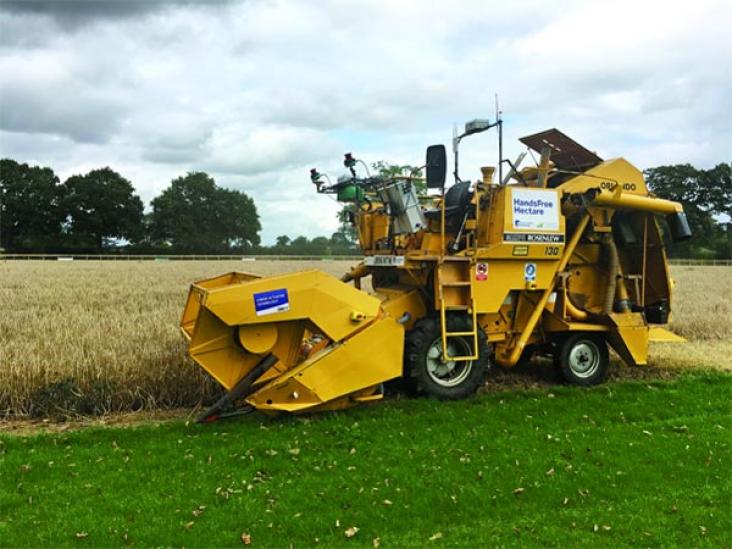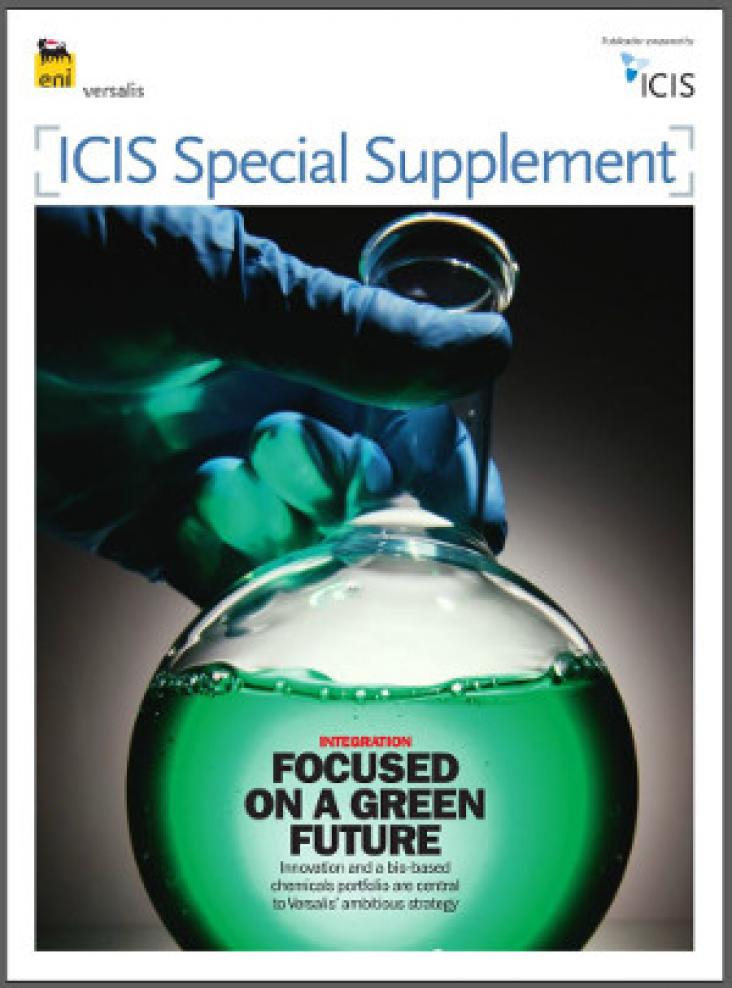
The HPCC Systems Team collaborates with multiple higher learning institutions globally to help train and develop the future managers of Big Data projects. Participating institutions receive free training classes and materials to learn the platform and help incorporate it into their curriculum. Students benefit from learning and working with a platform that was designed from the ground up by industry leader, LexisNexis. This programme advances SDG 4 Quality education and SDG 9.B to support domestic technology development, research and innovation in developing countries.

HPCC Systems offers free introductory online training classes for anyone wanting to learn the basics of the ECL programming language and the open source HPCC Systems platform. Included in the training are self-paced lessons, lab exercises and a moderated Q&A forum to increase proficiency for solving Big Data problems. HPCC Systems training advances SDG 4 Quality education and SDG 9.B to support domestic technology development, research and innovation in developing countries.

The groundbreaking Hands Free Hectare project has just seen its first harvest. This £200,000 Innovation UK-funded project by Harper Adams University with Precision Decisions has modified existing machinery to drill, sow, spray and harvest the crop without any human control. The project aims to show how automation can facilitate a sustainable farming system where multiple smaller, lighter machines will enter the field, minimising the level of compaction (SDG 15, life on land and SDG 9, industry, innovation and infrastructure).
Achieving SDG 11 will require new technologies and innovations to be deployed in the real-estate sector. Already blockchain and artificial intelligence form the foundations of smart buildings, using data on residents' personal preferences to be able to improve efficiency and comfort. This article explores the different technologies and innovations that provide significant untapped potential in the real estate sector.
This report examines the real estate sector’s impact in relation to the UN Global Compact’s four focus areas of human rights, labour standards, the environment and anti-corruption, relating to Goal 9 and Goal 17.

The Business Case for Carbon Neutral Cities session was hosted by UNEP and Sustainable Energy for All in collaboration with the Danish Ministry of Foreign Affairs, the Swedish Trade and Invest Council and Empower, the largest district cooling operator in the world. Held at La Galerie des Solutions (by World Efficiency Solutions), an exhibition of climate solutions, that took place during the COP21, in immediate proximity to the negotiations zone.

This special report focuses on getting the most out of your innovation effort. A close focus on several key areas can help. Product innovation can open up new markets for producers and enable them to maintain competitiveness in increasingly competitive global markets. This fits well with the SDG 9 of Industry Innovation, also Technology, Production & Consumption.

Italy's leading petrochemical producer, Versalis has taken a fundamental shift in its strategy and direction, to renew its focus on innovation and green chemistry, providing opportunities for growth. This is the ICIS/Versalis supplement about green and bio-based chemicals and sustainabliity with videos embedded. Green chemistry fits in with SDG 9 Industry Innovation and SDG 7 Affordable Clean Energy.
In 2014, University College London and Elsevier established the UCL Big Data Institute, a collaboration to empower researchers to explore innovative ways to apply new technologies and analytics to scholarly content and data. The institute is co-staffed with UCL and Elsevier researchers and is based at Elsevier’s London Mendeleys headquarters. Projects include investigation of the role and impact of researchers in academic networks, citation models, adaptive user modeling, knowledge graphs and predictive modeling.
